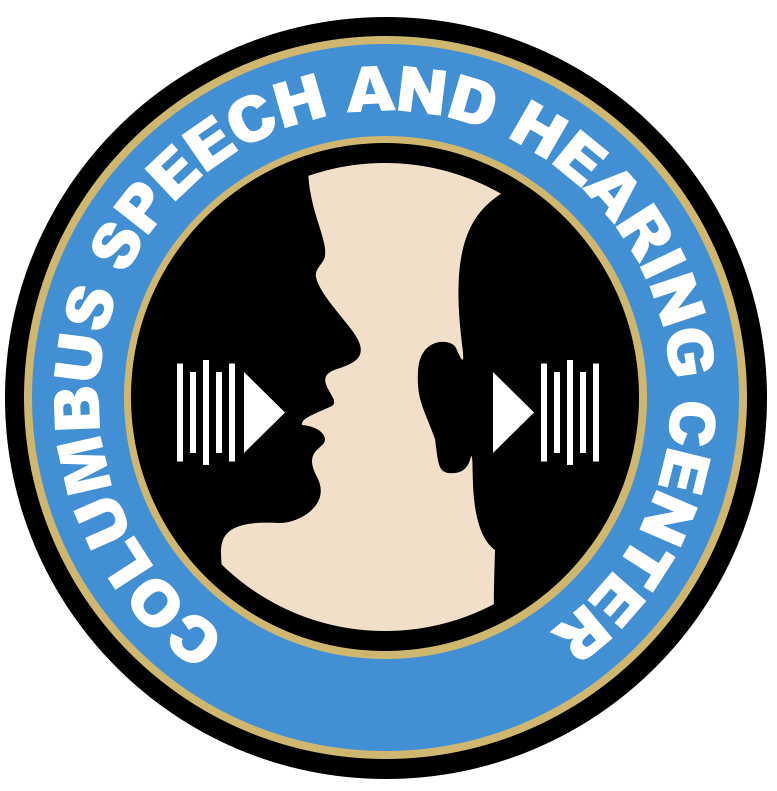
Mom brought Anders to us with a concern that he used only 15 - 20 words at two years of age and that much of what he said was not clear. During the assessment it was apparent that Anders had wonderful comprehension of language. He was easily engaged and very communicative, but without intelligible, "real" words. It was noted that he appeared to be making "approximations" of words, but the context was needed for these to be understood. As these approximations were pointed out to mom, she realized that she did not recognize them as words. Anders began CSHC speech therapy once weekly with the focus on modeling sounds. Mom and Dad were able to sit in on Anders' therapy sessions so they learned how to model and facilitate Anders's expressive language. They also quickly learned to listen and recognize his attempts to say words and responded appropriately. Anders made quick progress learning new words and became excellent at imitating the modeled words and even phrases that were provided during therapy. Mom and dad say they are having more conversations with Anders and are able to understand much more of what he says. He is adding new words and phrases each week! After 12 visits, I am happy to report that he is ready for discharge! His language skills will continue to improve with mom and dad's help from techniques and strategies they have learned through observation of CSHC speech therapy.
Way to GO ANDERS!
Language Disorders
There are two types of language:
- Receptive language - a person's ability to understand what is being communicated to them from others and respond appropriately.
- Expressive language - a person's ability to use words, signs and/or augmentative devices to effectively convey a message. It includes making wants and needs known to each other, vocabulary, putting words together to form grammatical sentences, retelling stories and asking/answering questions.
Language disorders can be identified when a patient has trouble with one or more of the following components of language:
- Form - a patient's capability to comprehend and/or form sentences (clearly state his or her ideas)
- Content - a patient's capability to comprehend and/or form language with the correct content
- Use - a patient's capability to successfully interact with peers by understanding and reciprocating social cues (eye contact, sharing, observing personal space, etc.)
Diagnosis and Treatment
Our staff utilizes standardized tests and observation to evaluate the patient's receptive and expressive language skills. Throughout this evaluation, our speech-language pathologists are able to pinpoint strengths and weaknesses and create a custom treatment plan to improve communication.
Our team is highly educated and well trained to diagnose and treat a range of language disorders that can occur at any stage of development. Young toddlers as well as school-aged children can be helped with our language therapies.
Our language therapy concentrates on fostering the patient's natural interaction with others, which will allow for effortless communication. We employ this role-playing therapy in a supportive, nurturing environment rather than repetitive language lessons, which is less stimulating. We strongly encourage parents and family members to actively participate in therapy so that patients can feel comfortable and so the therapy can continue at home.
